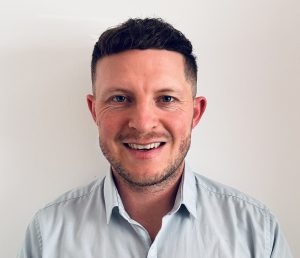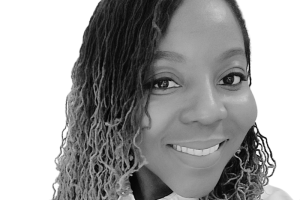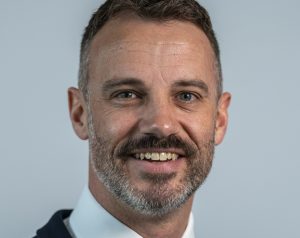Law firm launches knowledge transfer partnership with UoN

One of the region’s largest law firms has teamed up with the University of Nottingham to launch an innovative Knowledge Transfer Partnership.
Browne Jacobson will work with the university’s leading business unit, Linguistic Profiling for Professionals, in the Centre for Research in Applied Linguistics (CRAL) to analyse, review and change the way it uses written, spoken and digital language to ensure it is more diverse and inclusive as an employer.
The two and a half-year partnership is the first the company has launched with a UK university and will be part funded by Innovate UK.
Declan Vaughan, people director at Browne Jacobson, said: “We believe this collaboration is truly ground-breaking. It provides us with a unique opportunity to address the language of exclusion in the workplace. It will help us to better understand and shape how we, our clients and the wider legal profession can improve the way we all communicate to create a more inclusive and diverse working environment.”
Claire Stripp, head of talent & knowledge at the firm, said: “Research shows using language in the workplace that is outdated can have a detrimental effect on an organisation’s ability to attract and retain top talent, drive commercial success and innovate.
“We are passionately inclusive, and we believe that understanding how language can be unintentionally but significantly exclusive, and learning how to communicate truly inclusively, is ground-breaking and will help us to attract and retain the best talent and enable everyone to thrive with us.”
Sociolinguistics professor Louise Mullany will oversee the project.
She said: “We are delighted that the KTP application has been successful. It will enable us to engage in critically important diversity and inclusion work over a sustained period of time, bringing long-lasting value to the firm and its clients.
“We are looking forward to applying our inclusive communication solutions package with the business and know that the knowledge we gain in return will deeply inform our research and practices in this area for many years to come.”









